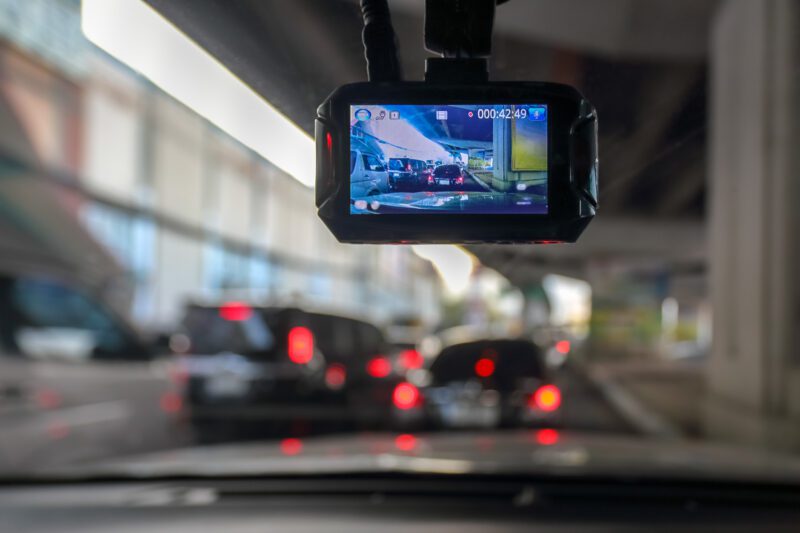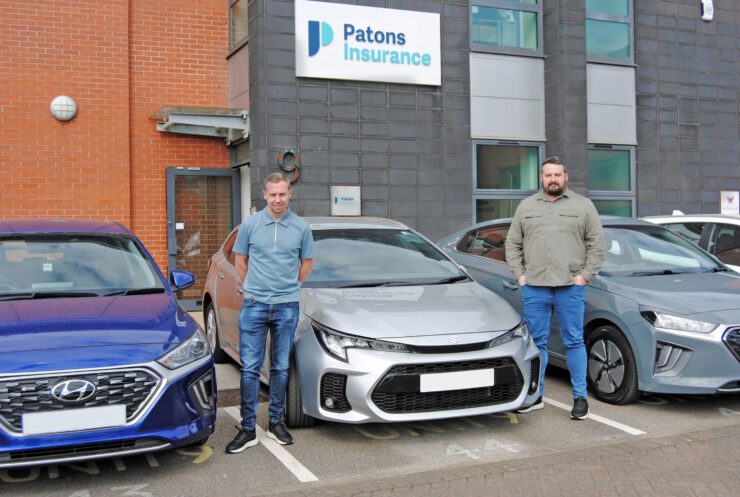The camera never lies and, depending on the circumstances, it can be a taxi driver’s best friend or worst enemy.
It turned out to be both for London cyclist Dave Clifton, after he sent the Metropolitan Police head-cam footage he captured of a Range Rover driver using their mobile phone while waiting in traffic in Belgravia in August last year.
After serious incidents, the police often make requests for dash-cam, CCTV and any other footage that might help. Forces have even set up links on their websites where people are encouraged to upload footage of dodgy driving.
But we have also seen instances of people targeting professionals such as taxi and PHV drivers and doing their best to catch them out, whether it is a quick glance at a mobile phone, having a snack at the wheel or taking a chance on a changing traffic light. The message is that someone is always watching, so don’t do it.
Prosecution
While Mr Clifton was doing what he felt was his duty, the police turned round and prosecuted him for being a danger to other road users.
The Standard reports that while Range Rover driver received a police advisory letter about the standard of his driving, Mr Clifton “faced a criminal prosecution after being charged with riding a cycle on a road without due care and attention”.
The case attracted plenty of attention, with people backing Mr Clifton, as well as those opposed to what he was trying to do. The issue was that he was travelling in the opposite direction to the stationary Range Roger and made a U-turn to pull up alongside it to film the driver.
The Met decided to prosecute him because after reviewing the footage, a traffic officer decided that Mr Clifton had been “cycling on the wrong side of the road towards an oncoming motorbike which was also filtering between traffic” and he “could pose a danger to other road users”.
U-turn
But, just before the case went to trial, the Met abandoned the prosecution and apologised to Mr Clifton for “stress and inconvenience”. The police’s U-turn has been so spectacular that the Met is now using his footage to train police staff.
The manager who contacted Mr Clifton said: “All footage that is received is subjective to the person viewing and, in this case, we have used your footage for internal training for our Public Reporting team as we continue to ensure all of our staff are trained and supported to the highest standard.
“We appreciate the time and effort the public take to report these offences and on this occasion we are sorry for any stress and inconvenience that this may have caused you.”
Mr Clifton added that he is “disappointed” with the Met’s letter, saying: “Instead of admitting that someone made a mistake; no offence was committed; and they knew they would lose publicly in court, they suggest that they are responding to a query; they’ve done me a favour and the case was dropped because of lack of evidence.
“Are the Metropolitan Police incapable of admitting an error?”
While common sense finally prevailed in this case, it was because there was irrefutable video evidence to show what happened. This is why having dash-cam and CCTV in taxis and PHVs can be so important, especially in cases where it is one person’s word against another. Had it not been picked up before the trial, Mr Clifton would have had his day in court and cleared his name.
The initial officer in the cyclist’s case made a mistake, but common sense prevailed when someone else reviewed the video evidence – which became priceless in this case.


